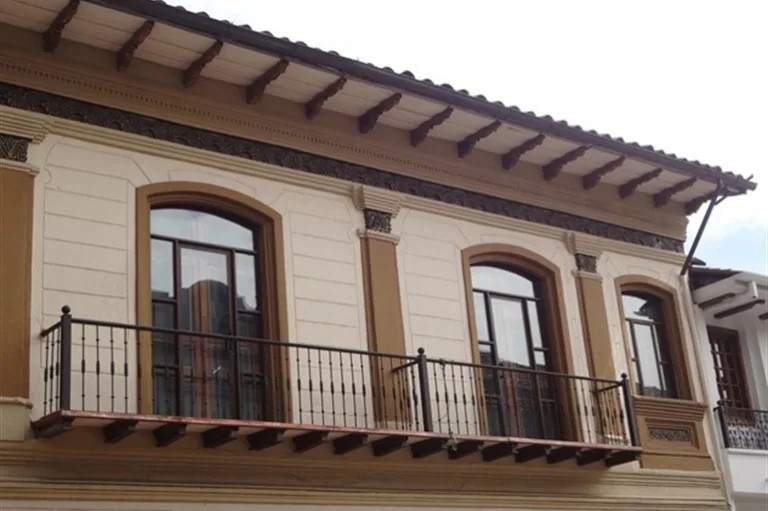Newly released documents reveal U.S. plan to ‘tinker’ with 1979 Ecuador election
By Telesur Staff
Previously classified documents released last week about Operation Condor have shed light on how the U.S. controlled and meddled in Latin America politics in the 1970s, showing that the U.S. considered “tinkering” with the outcome of an elections in Ecuador when the victory of a left-wing president appeared likely.
Ironically, the disclosure came as the U.S. government was complaining that the Russians may have meddled in its recent presidential election.
 The latest release of the Cold War-era documents detailed intelligence from July 24, 1978, where the U.S. Defense Intelligence Agency looked into committing fraud in Ecuador’s 1979 election after left-wing candidate Jaime Roldos Aguilera won the most votes in a 1978 primary but not enough to avoid a runoff election scheduled for April 1979.
The latest release of the Cold War-era documents detailed intelligence from July 24, 1978, where the U.S. Defense Intelligence Agency looked into committing fraud in Ecuador’s 1979 election after left-wing candidate Jaime Roldos Aguilera won the most votes in a 1978 primary but not enough to avoid a runoff election scheduled for April 1979.

Jaime Roldos and his wife shortly before they died.
According to the source, embassy reports showed that Ecuador’s navy and president at the time, Alfredo Poveda, who came to power in a military coup, were “determined to have a clean election.” Ecuador’s military was also “determined to allow Roldos to participate in a runoff election,” according to reports from the Embassy and DIA.
In the runoff election, Roldos would be pitted against Sixto Duran Ballen, from the right-wing Social Christian Party. In the first primary, Raul Clemente Huerta, from the centrist Radical Liberal Party, received the third most votes.
Showing Washington’s clear disdain for left-wing candidates, the intelligence report states that “a DIA summary sees some possibility of tinkering the outcome for the second slot in the run-off since Huerta would have a better chance of defeating Roldas than the current apparent second-place candidate Duran.”
Yet Roldos won the runoff election and become president in August 1979, the country’s first freely elected president who lacked a military background. His campaign was built on a populist platform of human rights and labor reforms. During his administration, he introduced a number of important labor measures, such as increasing the minimum wage and capping the country’s work week to 40 hours.
Article continues below graphic.
 He was well known for his advocacy of human rights around Latin America and pushed other Andean countries to develop a charter of universal rights built on social justice and in particular non-intervention, something that did not sit well with the U.S. amid the Cold War fear of communism.
He was well known for his advocacy of human rights around Latin America and pushed other Andean countries to develop a charter of universal rights built on social justice and in particular non-intervention, something that did not sit well with the U.S. amid the Cold War fear of communism.
Roldos also supported a number of left-wing movements around the region, again ruffling feathers in Washington. Roldos also declined to attend Ronald Reagan’s presidential inauguration in 1981.
Roldos and his wife died in a plane crash in May 1981. An investigation showed that an on-board bomb caused the crash, creating speculation that his death was a U.S.-backed assassination. Panama President Omar Torrijos, also critical of the U.S. role in the region and known for his human rights leadership, died two months later in another bomb-related plane crash.
Referring to the deaths of Roldos and Torrijos in a 1996 interview, Henry Kissinger, U.S. Secretary of State during the Reagan admnistration, said, “Business was taken care of.”
After a CIA document was released in 2014, revealing that Ecuador was a part of Operation Condor, Ecuador’s attorney general’s office opened an investigation into his death.
“With this information, we are going to examine information of whether the accident which killed President Roldos was in fact an accident or was not an accident,” said Attorney General Galo Chiriboga told media after the investigation was launched. As of yet, there has been no official answer surronding the possible U.S. role in his death.
The 2014 document states that Ecuador became part of Operation Condor in 1978, joining dictatorships of Argentina, Bolivia, Brazil, Chile, Paraguay and Uruguay. Ecuador’s intelligence services and its armed forces agreed to share information with other countries and to take part in surveillance and psychological warfare, according to files.
_______________
Credit: Telesur, www.telesurtv.net
















